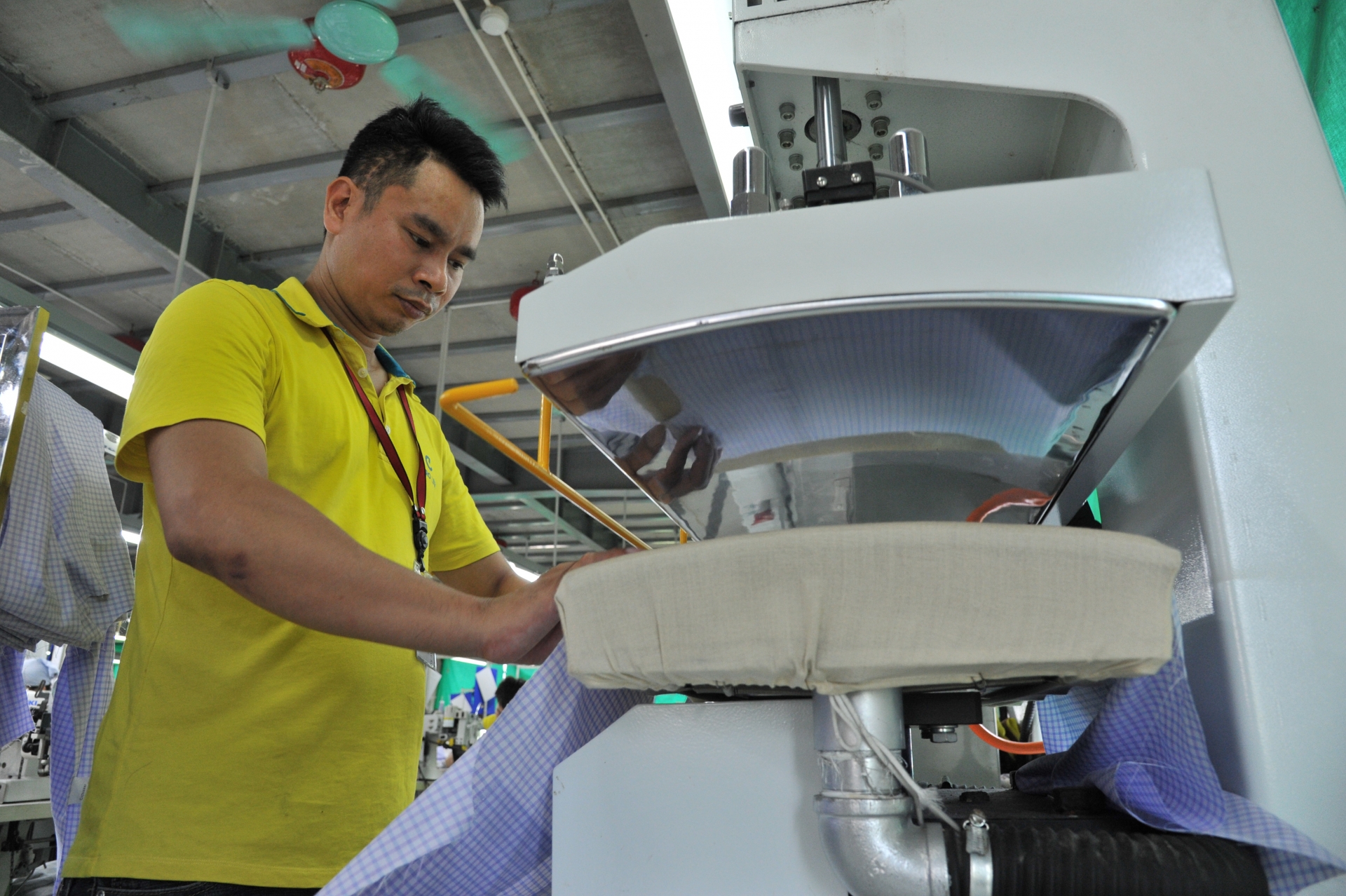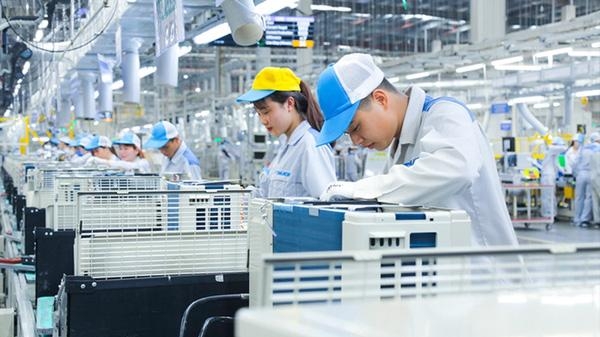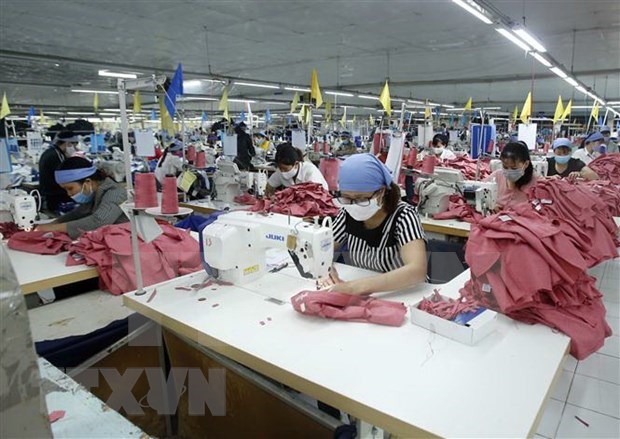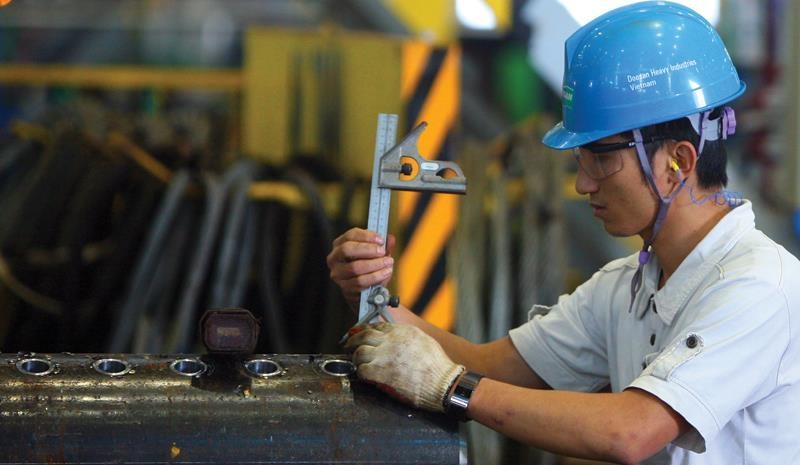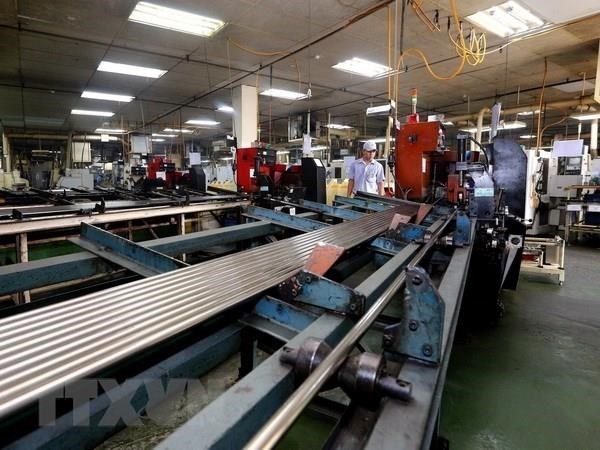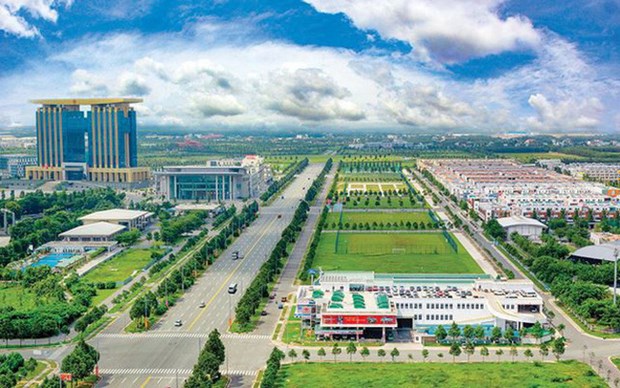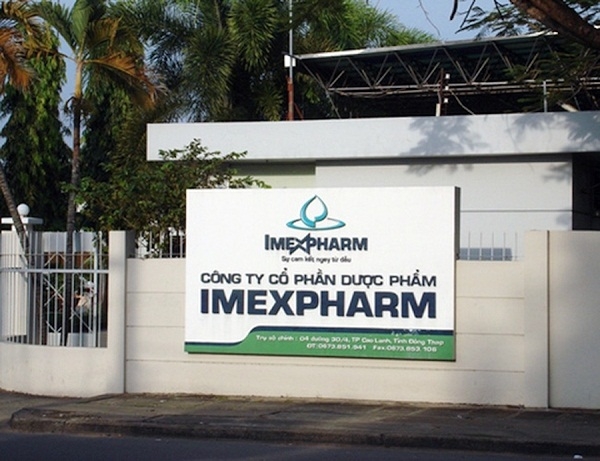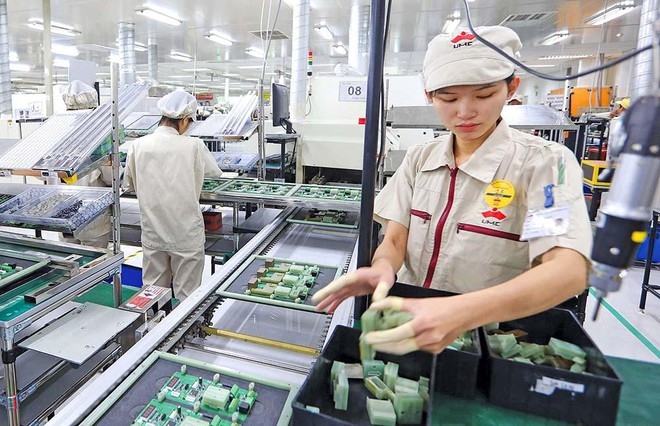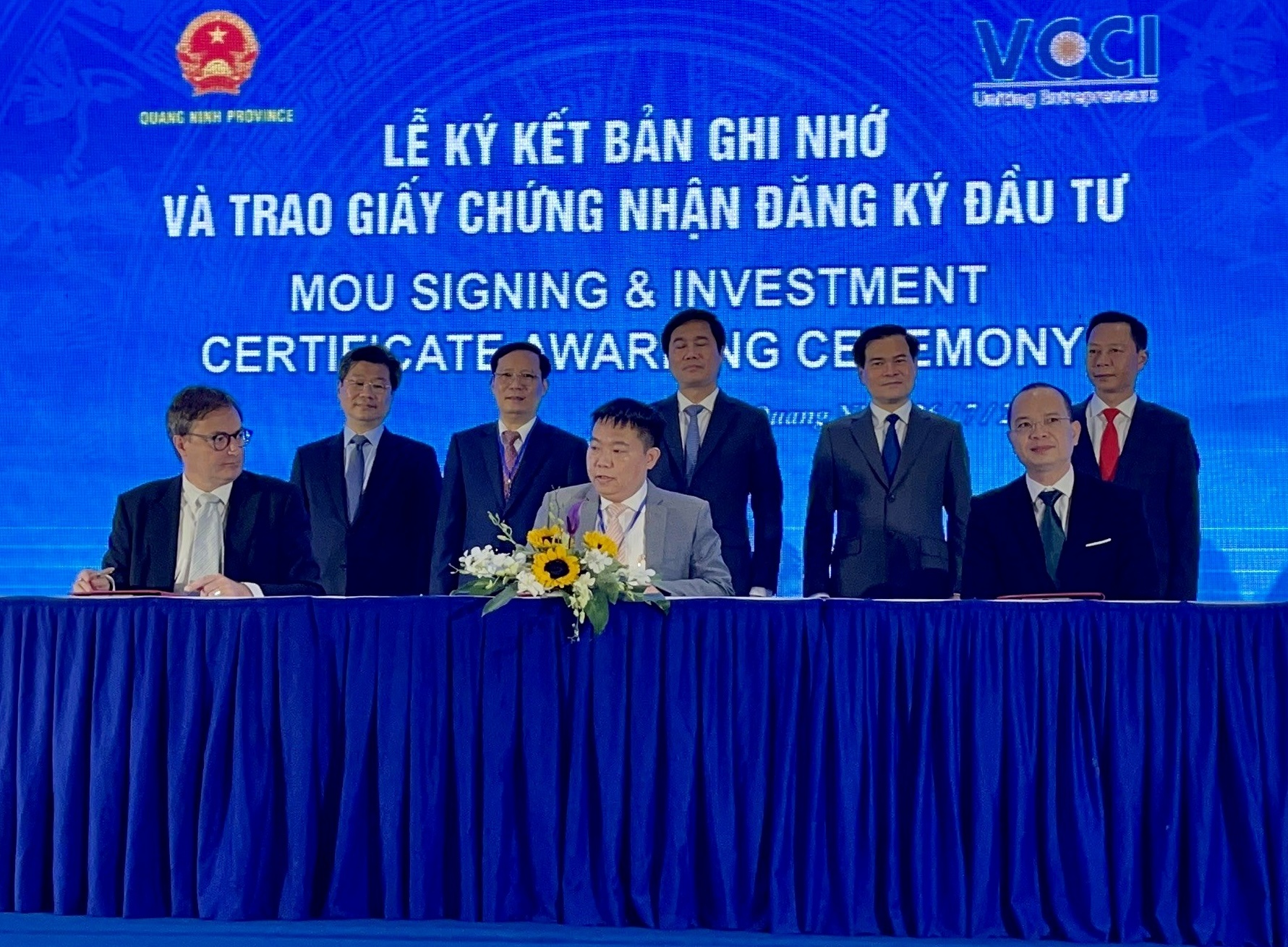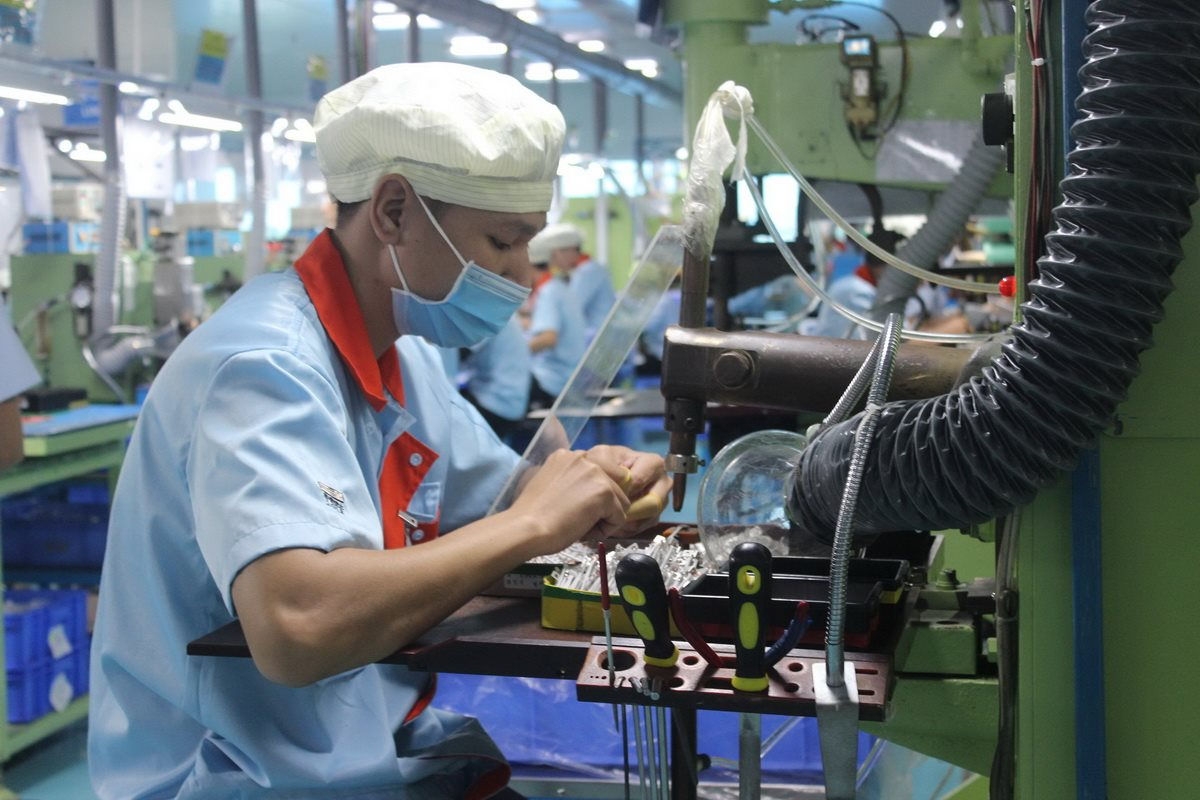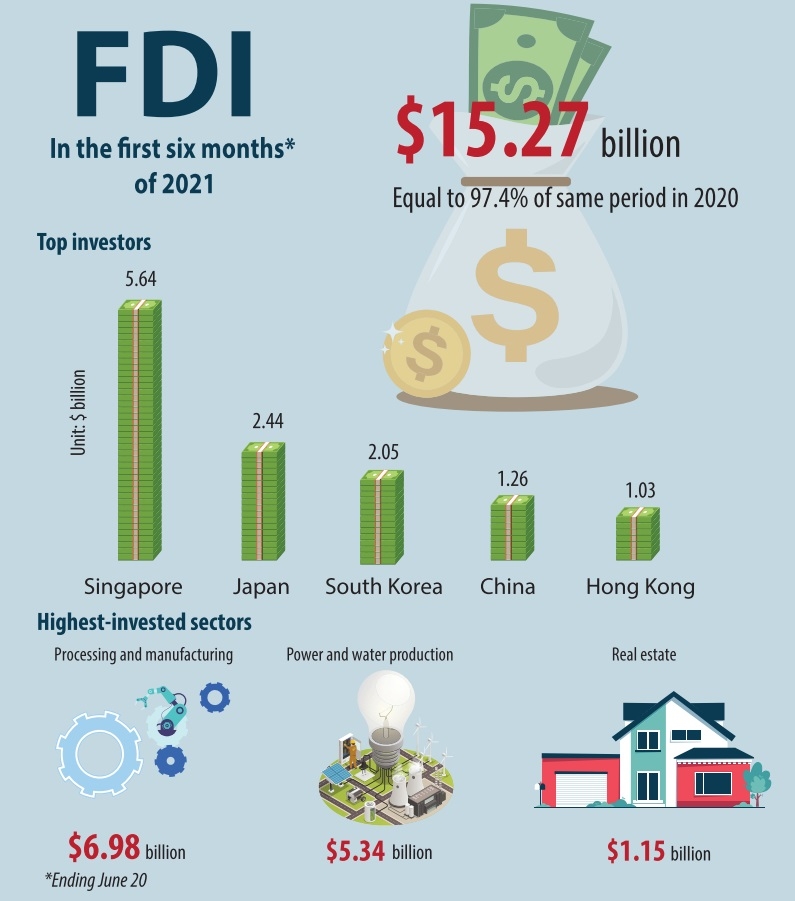Foreign trade pacts make Vietnam more attractive to investors
(VEN) - Economists say free trade agreements (FTAs), including the Comprehensive and Progressive Agreement for Trans-Pacific Partnership (CPTPP), the EU-Vietnam Free Trade Agreement (EVFTA), the EU-Vietnam Investment Protection Agreement (EVIPA), and the Regional Comprehensive Economic Partnership (RCEP) agreement, among others, will provide Vietnam with great opportunities to attract foreign direct investment (FDI). Vietnam is improving its investment environment to take advantage of those opportunities and attract FDI.

Increased FDI
FDI inflows from FTA partners are increasing. According to the Ministry of Planning and Investment’s Foreign Investment Agency, in the first four months of 2021, Vietnam attracted an additional US$12.25 billion in FDI, including almost US$8.5 billion in registered capital of 451 newly licensed projects (up 24.7 percent from the same period last year), increases in capital of existing projects, and share purchases by foreign investors. This year, Vietnam is expected to attract registered FDI capital higher than its 2021 target of US$28.5 billion, and see more than US$19.98 billion of the sum to be invested in the year.
The Provincial Competitiveness Index 2020 (PCI 2020) shows that FDI enterprises continue considering Vietnam as an attractive investment destination promoted by the country’s political stability, membership in FTAs, improved administrative procedures, decreased inspections and unofficial costs.
While CPTPP commitments apply to the long-term, and FDI growth from CPTPP markets remains incommensurate with its potential, it is expected to experience a breakthrough in the future.
According to Vo Tan Thanh from the Vietnam Chamber of Commerce and Industry (VCCI), FDI from CPTPP markets increased from almost US$9.5 billion in 2019 to US$11.8 billion in 2020, an increase of 24.4 percent. The growth was lower than the expectation because Vietnam’s economy was severely affected by the Covid-19 pandemic in 2020.
Preparing for investment shift
The CPTPP will pave the way for Vietnam to attract capital shifted from China to other countries due to the US-China trade war. EU projects are found in almost all important economic sectors of Vietnam, with investors seeking to take advantage of the country’s natural resources, raw materials and low labor cost. They also benefit from the tax reductions on different products exported from the EU to Vietnam.
The RCEP agreement is expected to make Vietnam an investment hub. While China, Japan, the Republic of Korea (RoK), Singapore, Thailand, and Malaysia are speeding up and increasing investment abroad to expand production and supply chains, Vietnam is emerging as a safe, attractive destination for investors. Vietnam is preparing mechanisms and policies to attract shifted capital, and the country is expecting significant opportunities to attract investment capital from RCEP member countries.
According to the VCCI, since the CPTPP took effect in January 2019, most documents providing guidelines for the agreement’s implementation were issued with delays of 15 days to 20 months later than the commitment. Problems include complicated administrative procedures, inadequate regulations and infrastructure, and insufficient public services.
For US and EU investors, transparent, stable laws and policies, including those related to intellectual property rights, copyrights, franchising, inventions, and pirated goods control are vital and Vietnam needs to improve them to attract more investment.

